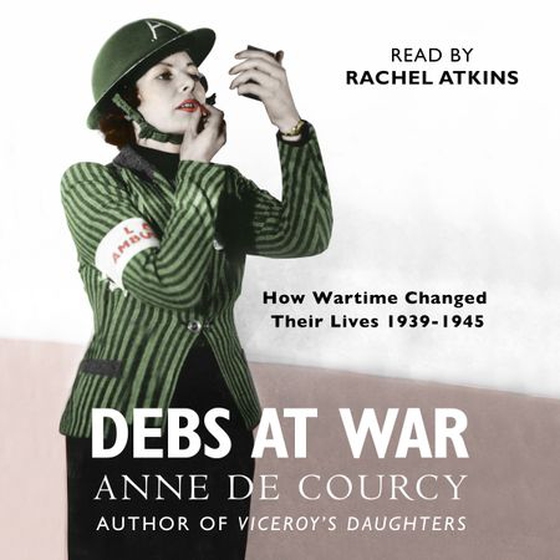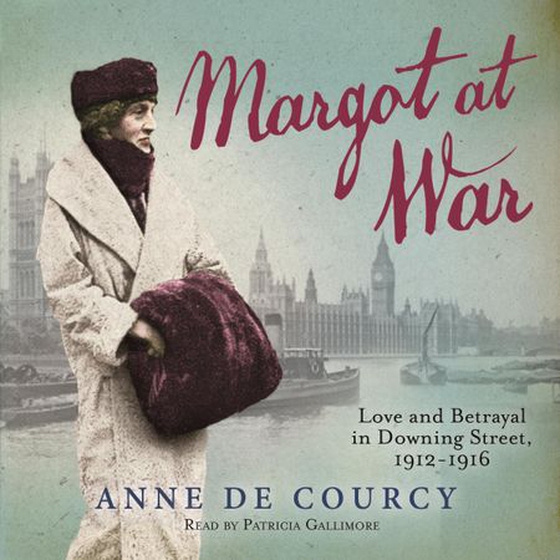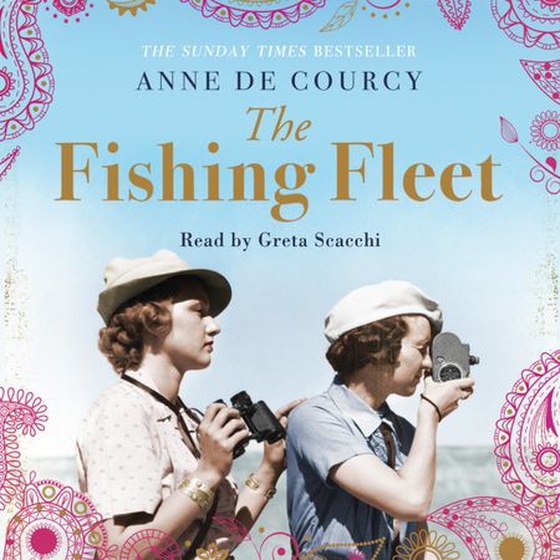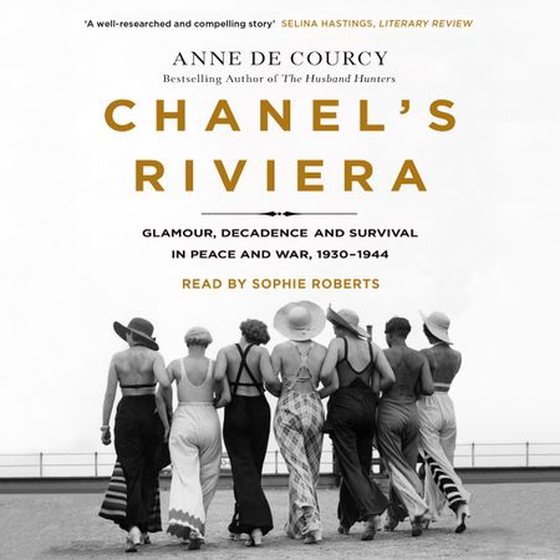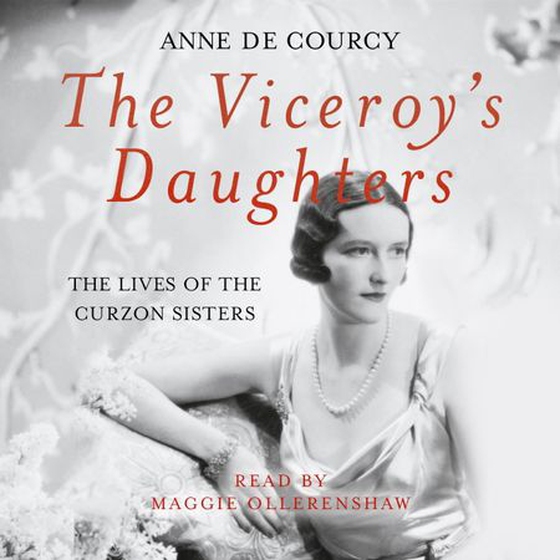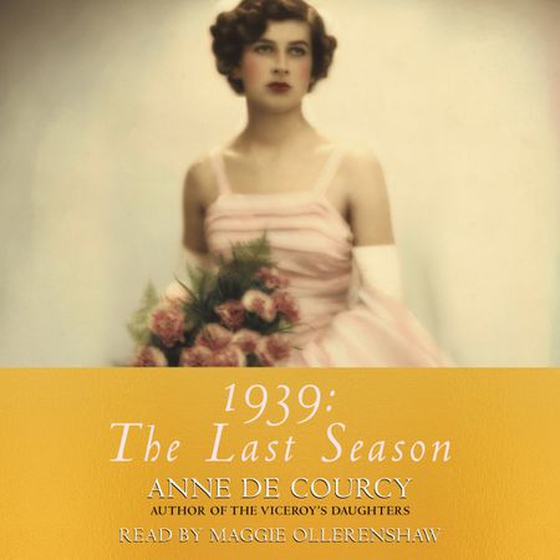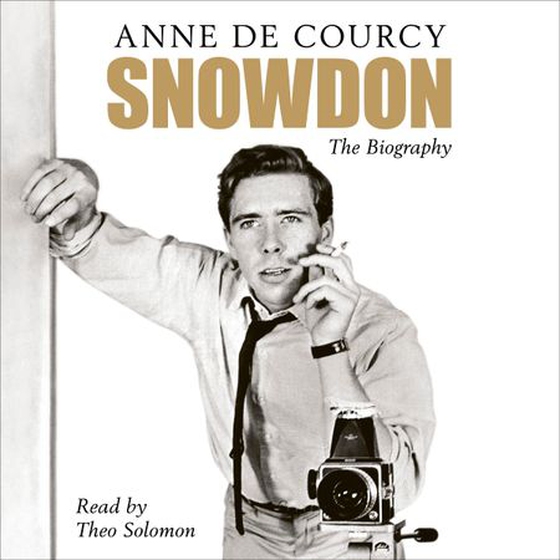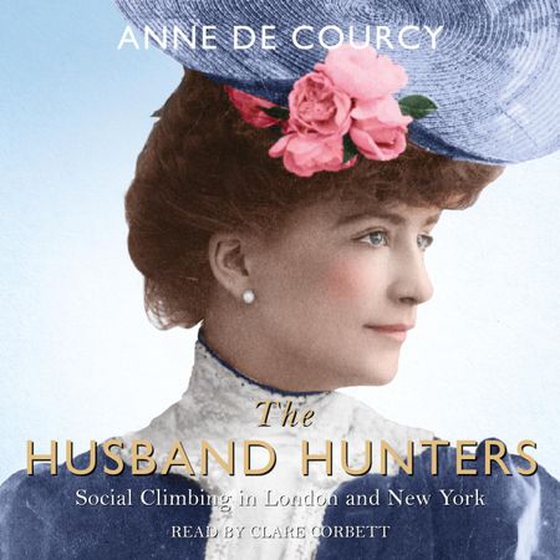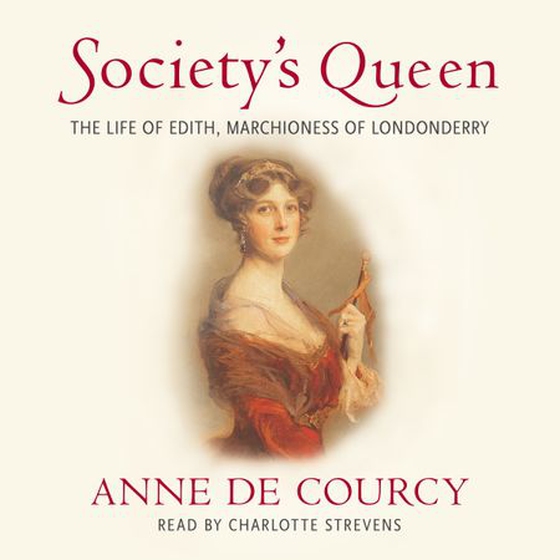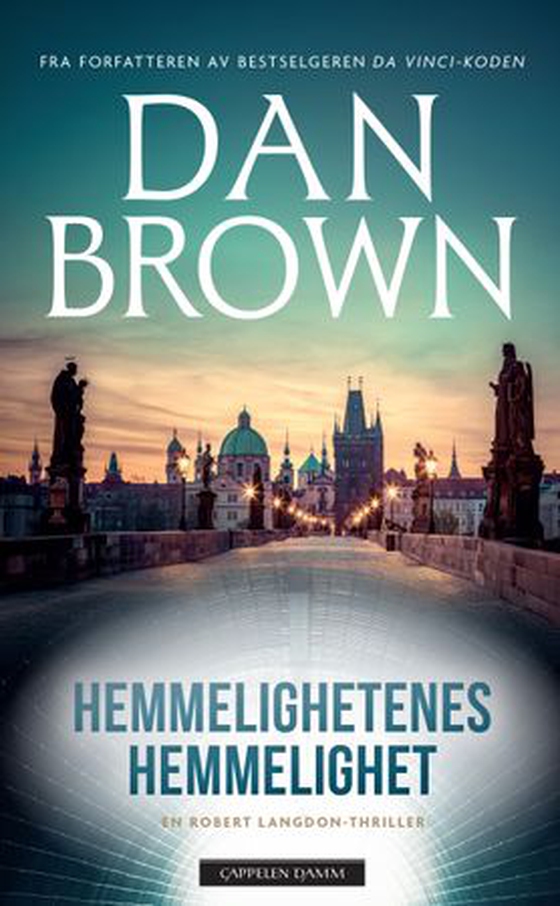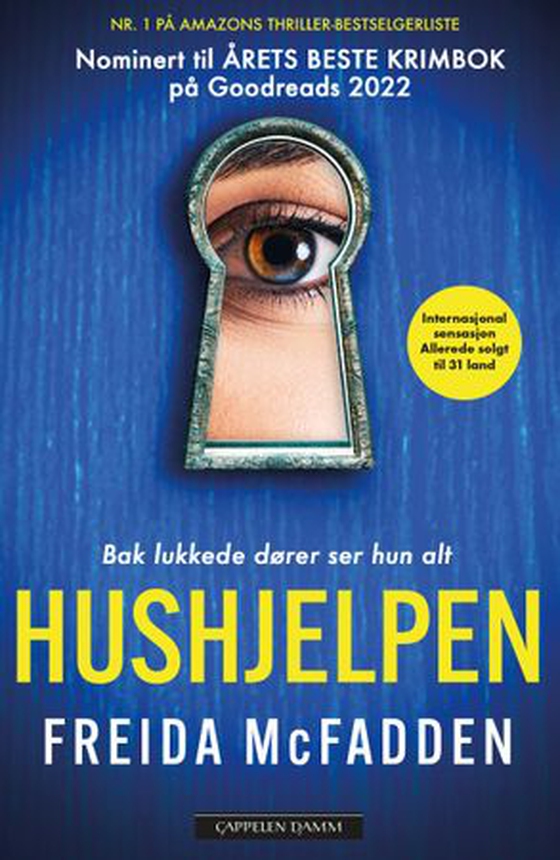Anne de Courcy
(forfatter)
,
Rachel Atkins
(innleser)
Debs at War (WOMEN IN HISTORY) lydbok
260,-
An extraordinary account - from firsthand sources - of upper class women and the active part they took in the WarPre-war debutantes were members of the most protected, not to say isolated, stratum of 20th-century society: the young (17-20) unmarried daughters of the British upper classes. For most of them, the war changed all that for ever. It meant independence and the shock of the new, and dail…
An extraordinary account - from firsthand sources - of upper class women and the active part they took in the WarPre-war debutantes were members of the most protected, not to say isolated, stratum of 20th-century society: the young (17-20) unmarried daughters of the British upper classes. For most of them, the war changed all that for ever. It meant independence and the shock of the new, and daily exposure to customs and attitudes that must have seemed completely alien to them. For many, the almost military regime of an upper class childhood meant they were well suited for the no-nonsense approach needed in wartime. This book records the extraordinary diversity of challenges, shocks and responsibilities they faced - as chauffeurs, couriers, ambulance-drivers, nurses, pilots, spies, decoders, factory workers, farmers, land girls, as well as in the Women's Services. How much did class barriers really come down? Did they stick with their own sort? And what about fun and love in wartime - did love cross the class barriers?
Undertittel
1939-1945
Forlag
Weidenfeld & Nicolson
Utgitt
25.03.2021
Lengde
10:09
Sjanger
Historie, Dokumentar og fakta
Serie
WOMEN IN HISTORY
Språk
English
Format
mp3
DRM-beskyttelse
App-only
ISBN
9781474622806
An extraordinary account - from firsthand sources - of upper class women and the active part they took in the War
Pre-war debutantes were members of the most protected, not to say isolated, stratum of 20th-century society: the young (17-20) unmarried daughters of the British upper classes. For most of them, the war changed all that for ever. It meant independence and the shock of the new, and daily exposure to customs and attitudes that must have seemed completely alien to them. For many, the almost military regime of an upper class childhood meant they were well suited for the no-nonsense approach needed in wartime.
This book records the extraordinary diversity of challenges, shocks and responsibilities they faced - as chauffeurs, couriers, ambulance-drivers, nurses, pilots, spies, decoders, factory workers, farmers, land girls, as well as in the Women's Services. How much did class barriers really come down? Did they stick with their own sort? And what about fun and love in wartime - did love cross the class barriers?
Pre-war debutantes were members of the most protected, not to say isolated, stratum of 20th-century society: the young (17-20) unmarried daughters of the British upper classes. For most of them, the war changed all that for ever. It meant independence and the shock of the new, and daily exposure to customs and attitudes that must have seemed completely alien to them. For many, the almost military regime of an upper class childhood meant they were well suited for the no-nonsense approach needed in wartime.
This book records the extraordinary diversity of challenges, shocks and responsibilities they faced - as chauffeurs, couriers, ambulance-drivers, nurses, pilots, spies, decoders, factory workers, farmers, land girls, as well as in the Women's Services. How much did class barriers really come down? Did they stick with their own sort? And what about fun and love in wartime - did love cross the class barriers?
Ingen anmeldelser ennå


